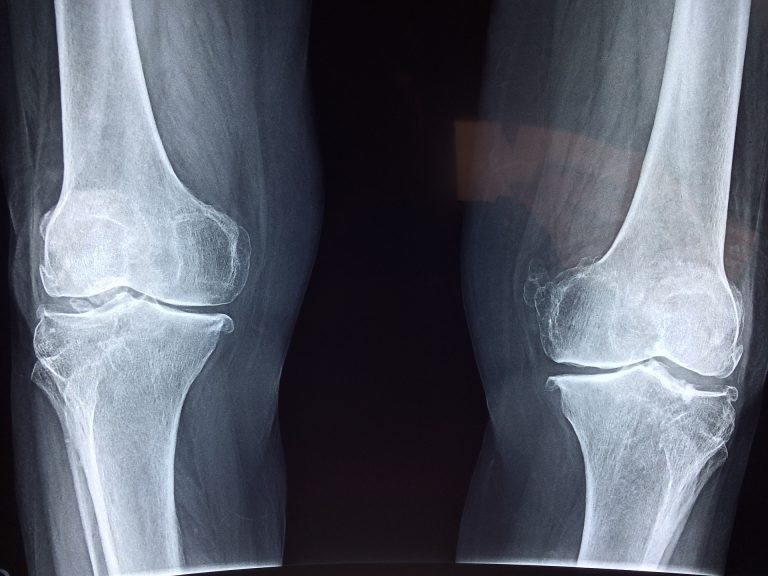Truvada is a medication used to treat human immunodeficiency virus (HIV).
HIV weakens the immune system by killing important cells, leading to viruses such as cancer and tuberculosis.
The virus may progress to acquired immunodeficiency syndrome (AIDS) without adequate treatment and often marks a significant decline in the patient’s prognosis.
Truvada is one of several drugs used to treat and help prevent HIV.
Truvada is made of two (2) different meds:
- Tenofovir disoproxil fumarate (TDF)
- Emtricitabine
Truvada blocks certain pathways favored by the virus which helps stop the disease from growing.
Truvada is most effective when taken daily and used in conjunction with other HIV medication, although the patient should administer the drug as instructed by their doctor.
Gilead Sciences was founded in 1987 and specializes in creating medicine for various infections as well as influenza, hepatitis B, and HIV.
Since the drug’s FDA approval in 2004, Gilead has earned $36 billion in sales.
A month’s supply of Truvada in the U.S. is priced from $1,600 to $2,000, this is double the price it was sold at originally.
The sky-rocketing price of Truvada has met a lot of controversy – more than one million Americans could benefit from its use, but many are prevented from using it because of the cost.
There is a generic version of Truvada expected to hit the market in September of 2020, which generally means a price decrease, but many believe that the lack of competition will allow the manufacturer to continue to inflate the price.
Truvada’s maker, Gilead Sciences, is currently facing Truvada lawsuits for failure to warn of known side effects of the drug and allegedly withholding a safer form of HIV medicine from the public.










